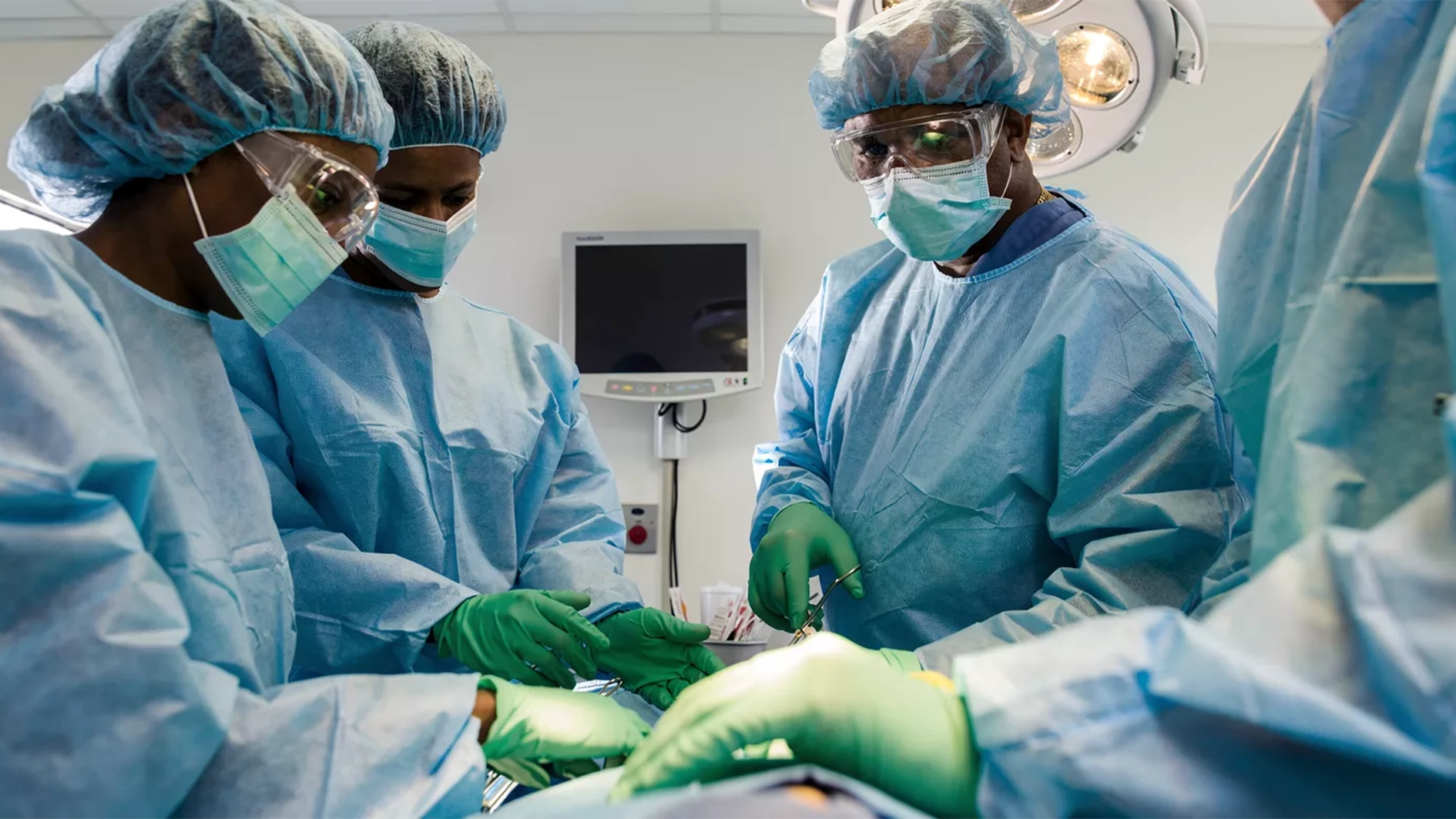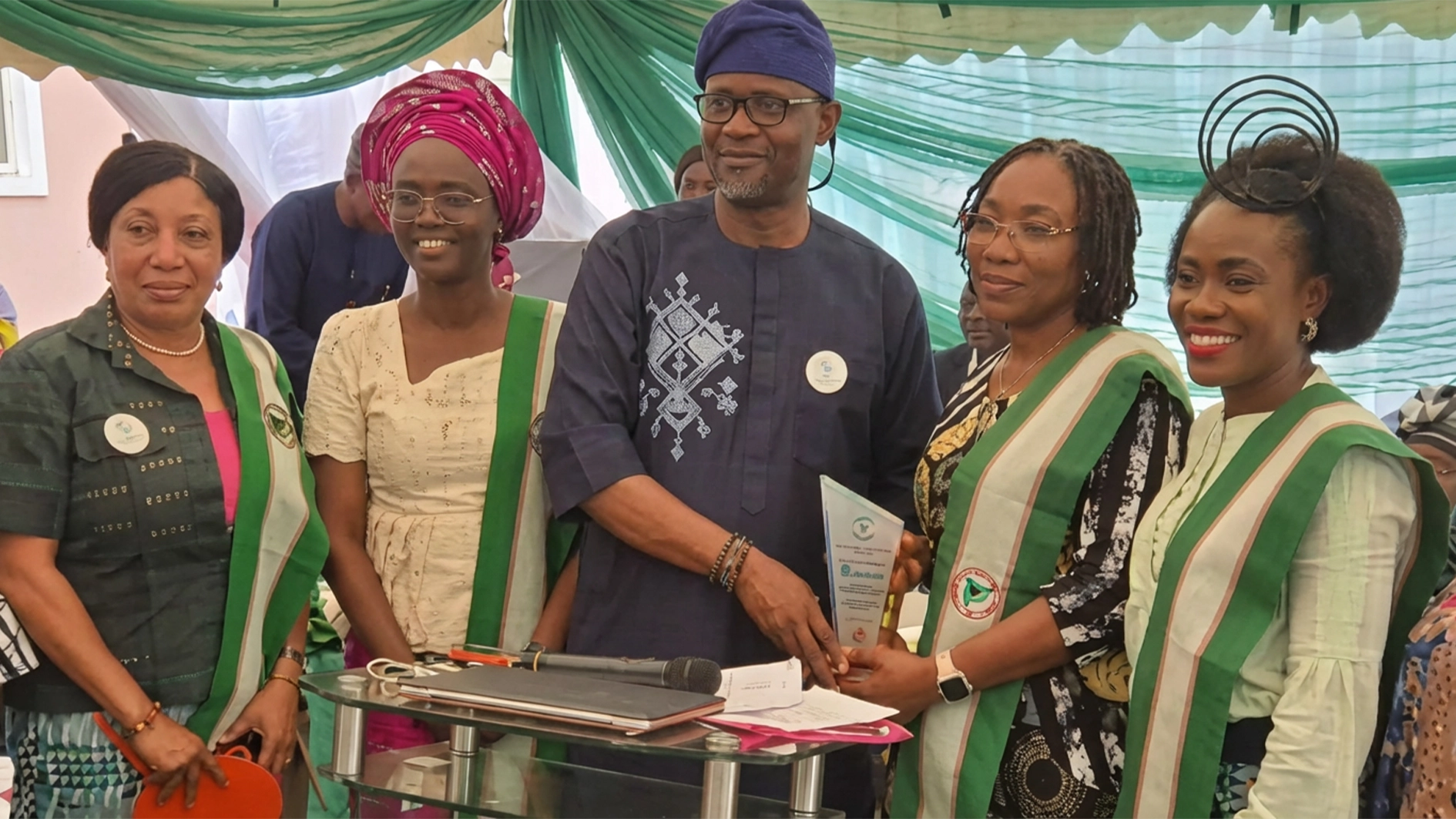
*Experts alert to rising cases of infertility, quacks in Nigeria
*Non-regulation, poor ethics, crippling N1.35trn market
While assisted pregnancy gives infertile couples the chance at a child, recent study has revealed that children conceived with Assisted Reproductive Technologies, such as In Vitro Fertilisation (IVF) were more likely to develop high blood pressure at adolescent age.Assisted Reproductive Technologies (ART) place mature eggs, or oocytes, and embryos in various environmental conditions that differ from that found in the womb, while in IVF, mature eggs are collected from the ovaries and fertilized with sperm in a lab before being implanted into the uterus.Over 180 million couples suffer from infertility globally, majority of whom are in developing countries, according to the World Health Organisation (WHO).
Meanwhile, its impact is particularly prominent in cultures where a high premium is placed on childbirth, like Nigeria and other African countries, leading to social, psychological and economic challenges.However, more than eight million babies worldwide have been born as a result of assisted pregnancies, according to preliminary data released by the International Committee for Monitoring Assisted Reproductive Technologies in Palo Alto, California, United States (U.S.)
Meanwhile, lack of regulation and ethics, which promote quackery has been the bane of all sectors in Nigeria, however, the IVF industry is not free from this treacherous act that endangers not only patients and couples in dire need of solution to their childlessness or infertile predicate, but the country in general.The WHO estimates that infertility affects up to 10.5 per cent of couples of reproductive age group globally and 20 per cent of couples of the same group in Nigeria.
Available statistics shows that there are about 12 million infertile persons in Nigeria, which is almost 10 percent of the total population. On the rising cases of infertility, Professor of Obstetrics and Gynecology, University of Tokyo, Japan, Yutaka Osuga, explained to The Guardian that one of the major factors leading to rise in infertility as a result of failure of IVF treatment is age. He said most couples seek IVF treatment at an older age, especially when they are 40 years, adding that the success rate of the procedure is slim as the woman does not produce enough eggs.
“The average of the patients treated by IVF maybe 30 years or so, in Japan the average is about 40 years, in other Asian countries the average age who are treated with IVF could be around 35 years and 40 years, so the older a patient gets, the success rate declines, so here the patients maybe much younger than our patients in Asia so the success rate should be higher and should be an advantage,” he said.
Although, the IVF procedures have helped couples to deal with the high rate of infertility, however, lack of financial resources, poor income, high cost, complications associated with IVF treatment, low awareness regarding IVF, inadequacy of healthcare services coverage and dearth of trained healthcare professionals are other factors that hinder the growth of the IVF treatment market in the underdeveloped countries in Africa and Nigeria where the market is projected to reach N1.35 trillion.
This is compared to the Global IVF services market, which generated $10,587 million in 2017 and is projected to reach $22,467 million by 2025, growing at a Compound Annual Growth Rate (CAGR) of 9.8 per cent from 2018 to 2025. These have caused several fertility experts and other stakeholders to have a new direction and intensely focus on the issue of infertility, as it affects the country and threatens the IVF industry.
It is estimated that the number of IVF clinics in Nigeria is close to 70, while the total number in Africa is near 160, as compared to the number of clinics in Chicago city alone, which is over 80. This figures, according to the Medical Director/Chief Executive Officer Medical Art Centre (MART Clinics), who is also a reproductive endocrinologist and anatomy expert, Prof, Oladapo Ashiru, is clear that Nigeria is now recognised worldwide as a part of ART as virtually 95 per cent of IVF cases are treated in Nigeria by Nigerians.
No wonder, the Medical and Dental Council of Nigeria (MDCN) raised alarm that there have been cases of unqualified medical personnel recorded, with the situation growing worse in recent years with quacks or unlicensed medical personnel boldly operating in public and private hospitals.According to a survey conducted in Nigeria early in 2014, it was found that over 50 per cent of the population had received treatment in one form or the other from “quacks”.
The situation, according to the President, Association for Fertility Reproductive Health (AFRH), Dr. Faye Iketubosin, calls for the coming together of all IVF centres in Nigeria to check unethical practices and abuse within the industry, adding that with the number of fertility centres currently across the country, more are on their way to being established. Iketubosin, the Medical Director, George’s Memorial Medical Centre, who spoke at the eighth yearly conference of the AFRH, themed: “AFRH 2018- New Frontiers in Assisted Reproductive Technology (ART)” said the rapidly unfolding development of ART practice in the country and the largely unregulated industry still solicits further involvement from the government in achieving the minimum standard for establishing IVF clinics.
Also speaking, the Managing Director, The Bridge Clinic, who is also an Obstetrician and Gynecologist, Dr. Richardson Ajayi, stressed that a lot of time is been spent talking about deep scientific issues, neglecting to set up a foundation of ethics to protect the industry from been tarnished and ruined by quacks.He said if this happens, Nigerians would lose faith in the centres available in the country and start embarking on medical tourism, which could cripple the industry
“It is about making sure we give the patients what they want, making sure we protect our industry because there are more IVF centres opening and I also know that some of our patients are still traveling abroad for treatment. So we need to look out for ourselves. Ethics is not putting something out there, it is the foundation of our practice,” he noted.
Lamenting on the situations presented by quacks in the IVF industry, Ashiru, who is also a joint pioneer of IVF in Nigeria, noted that when IVF started in Nigeria, the cost was about what was been charged in England, which made patients prefer receiving treatment within the country.He noted that the charges in the fertility centres were N750, 000 per IVF, which translated to $70, 500.
He explained that looking at the cost, in which several expenses and payments made are added as the procedures progresses, along with tax payment to the government, compared to some of the guidelines of charges across the world, with the lowest which is India, at about $3, 000 (N1.2 million), those offering the treatment as low as N350, 000 t0 N500, 000 are not specialist but quacks or other professionals who want to leverage on the revenue of the industry
“This is why I am looking at average cost that is regular in Nigeria for today is N1.5milliom to N3.5 million depending on what you are doing, but people now find it as low as N350, 000 and this is a huge problem for the industry,” he stressed.He further stressed that the specialists have a very big task in Nigeria and need to address it, adding that just as the specialists cannot over-commercialise, overcharge and build up prices, they cannot also undercharge, bringing down the price, noting that each specific procedure must be clearly stated, either it is Assisted Conception or Assisted Reproductive Technology, as the prices varies.
However, the Chief Executive Officer of Nordica Fertility Centre, Lagos, Dr. Abayomi Ajayi, said the AFRH in collaboration with governmental authorities would provide a robust and acceptable standard/code of practice policy documents, periodic public/stakeholders’ consultations, and periodic revision of the practice code in line with cutting-edge researches, societal norms and aspirations largely to meet patients and societal expectations. He added that process is presently ongoing and nearing conclusion within the next few months as a list of accredited centers by the fertility body would be published and sent to the government for actions to be taken on quacks, as well as guide patients to the right centre for IVF treatment.
[ad unit=2]






